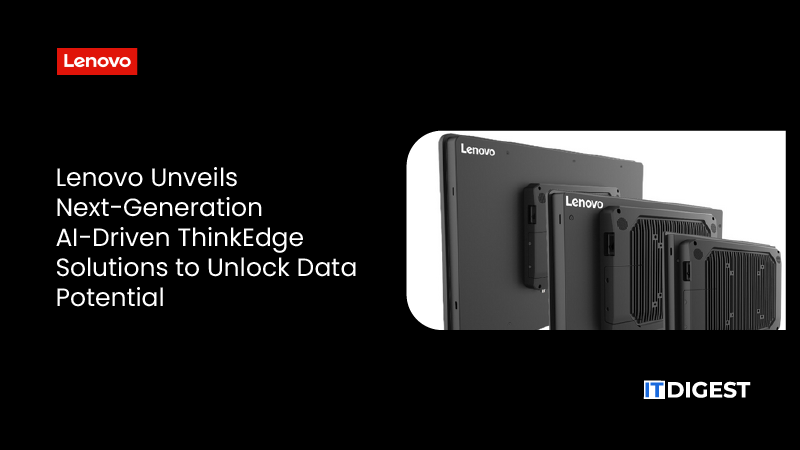Quest Diagnostics, the leader in diagnostic information services, announced the availability of the AD-Detect Test for Alzheimer’s Disease on questhealth.com – the first blood test available for consumer purchase that helps assess potential risk of developing Alzheimer’s disease based on a brain protein that contributes to the condition.*
Quest launches the novel innovation amid a rapidly changing landscape for Alzheimer’s disease care, featuring new and emerging therapies, growing recognition that non-pharmacological interventions can reduce Alzheimer’s disease risk, and greater medical acceptance of blood tests to aid early Alzheimer’s disease detection.
AD-Detect is a screening test that uses plasma, the liquid component of blood, from a single blood draw to evaluate levels of amyloid beta proteins to help detect early signs associated with the risk of developing Alzheimer’s disease. Amyloid beta proteins are known to accumulate and form plaques in the brain, which are linked to the progression of Alzheimer’s disease. AD-Detect evaluates the ratio of two peptides of amyloid beta, Aβ42 and Aβ40, in plasma.
The new consumer-initiated test utilizes the same expertise and technology as Quest’s clinical AD-Detect Amyloid Beta 42/40 Ratio test, an analytically validated blood test that aids in assessing the risk of Alzheimer’s disease, which the company launched for physician ordering in early 2022. By making the innovation available through Quest’s consumer-initiated testing platform, questhealth.com, people can purchase AD-Detect without the need to visit a doctor first, giving them greater agency over the decision on when and how to assess their cognitive health. The test offering also ensures individuals have access to a continuum of care, with an independent physician network providing clinical oversight of test ordering and results delivery. Individuals can discuss results with a licensed physician to help them understand what their results may mean and to determine an action plan for continued care, including whether a follow-up with their physician or a specialist may be appropriate.
“We are seeing much attention on emerging therapies for Alzheimer’s disease, but with new treatment options will come the need to make screening and diagnosis more widely available. Blood tests like AD-Detect hold incredible potential to make Alzheimer’s disease risk assessment both accessible and convenient,” said Michael K. Racke, M.D., Medical Director of Neurology, Quest Diagnostics. “We’re also seeing a push from consumers who have a desire to take more control of their health, including within more advanced areas like Alzheimer’s disease risk assessment.”
SOURCE: PRNewswire


































